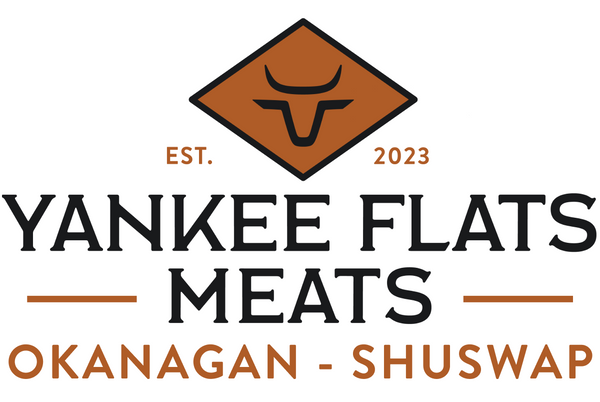If you want the most tender steak, you order the filet mignon, which is a round cut usually taken from the smaller end of the tenderloin. Usually, the tenderloin is also milder in flavor with less gristle and fat than other cuts such as the ribeye. But why is this? Why is the tenderloin so darn tender and delicious?
To begin with, the tenderloin is nestled within the lumbar region of the animal, and is a muscle that experiences minimal use during the animal's life. Unlike the heavily-exercised muscles in the legs and shoulders, which are rich in connective tissue, the tenderloin sees little stress and minimal weight-bearing activity. Consequently, it develops fewer collagen fibers, which are responsible for toughness in meat.
But what is collagen? Well, it’s a fibrous protein found in muscle tissue and plays a pivotal role in determining meat's tenderness. Connective tissue, primarily composed of collagen, can make meat tough if it’s not properly broken down. In the case of the beef tenderloin, its low collagen content contributes to its tenderness. Compared to cuts like brisket or chuck, which are heavily marbled with connective tissue, the tenderloin's relative lack of collagen translates into a more tender end product.
In addition to its low collagen content, the beef tenderloin is very lean. Intramuscular fat, commonly referred to as marbling, can significantly impact the texture and flavor of meat. While extensive marbling is highly-prized in certain cuts, the tenderloin’s lower degree of marbling is part of what makes it tender. This lack of intramuscular fat contributes to the delicate, buttery texture that makes the tenderloin so highly regarded.
Dry aging, a process of controlled meat maturation, further amplifies the tenderloin's tenderness. During aging, natural enzymes break down the muscle fibers, enhancing the meat's texture. The tenderloin benefits from this process too. As the enzymes work their magic, the result is a steak that melts in your mouth.
At Yankee Flats Meats, all of our beef comes from local family farms in the Shuswap, Thompson, and Okanagan. Most of it is grass fed and grain finished, although we do sometimes offer grass fed and grass finished beef. We dry age all of our beef for a minimum of 21 days. So when you enjoy a Yankee Flats filet mignon, you’re getting not only a tender, delicious cut of beef, but a healthy one as well.

